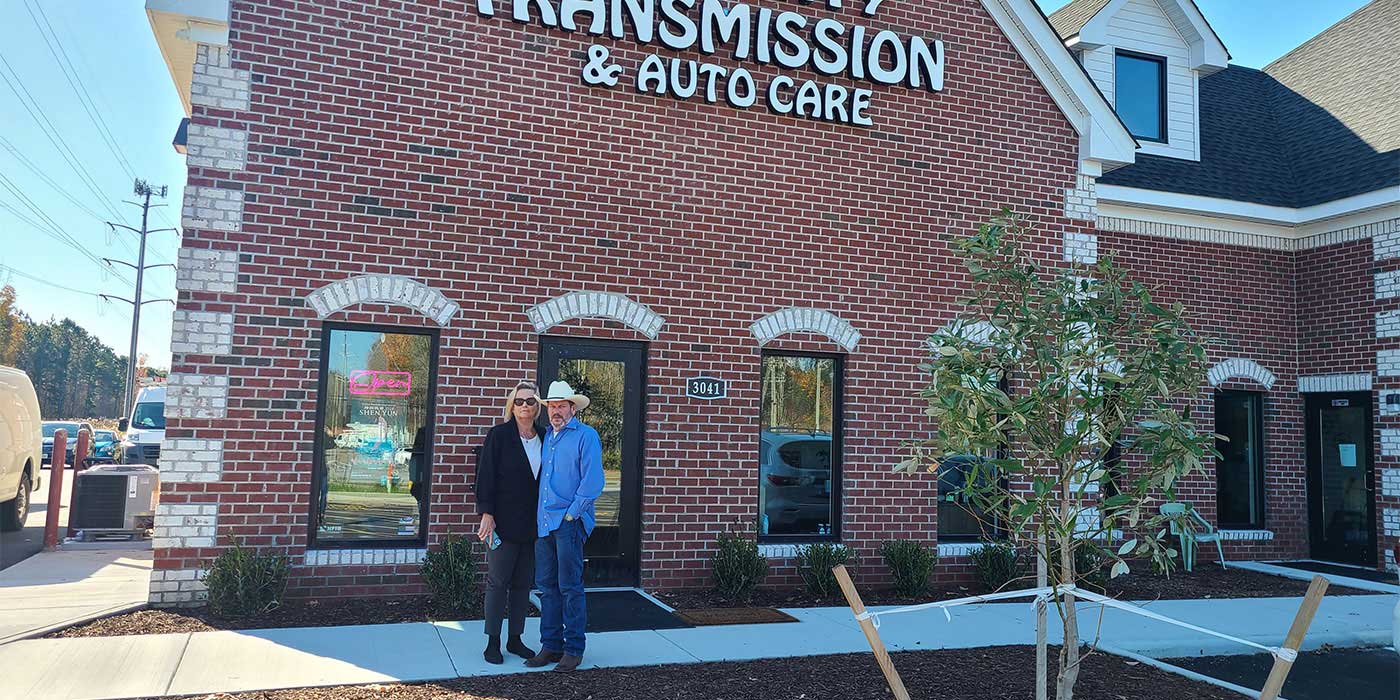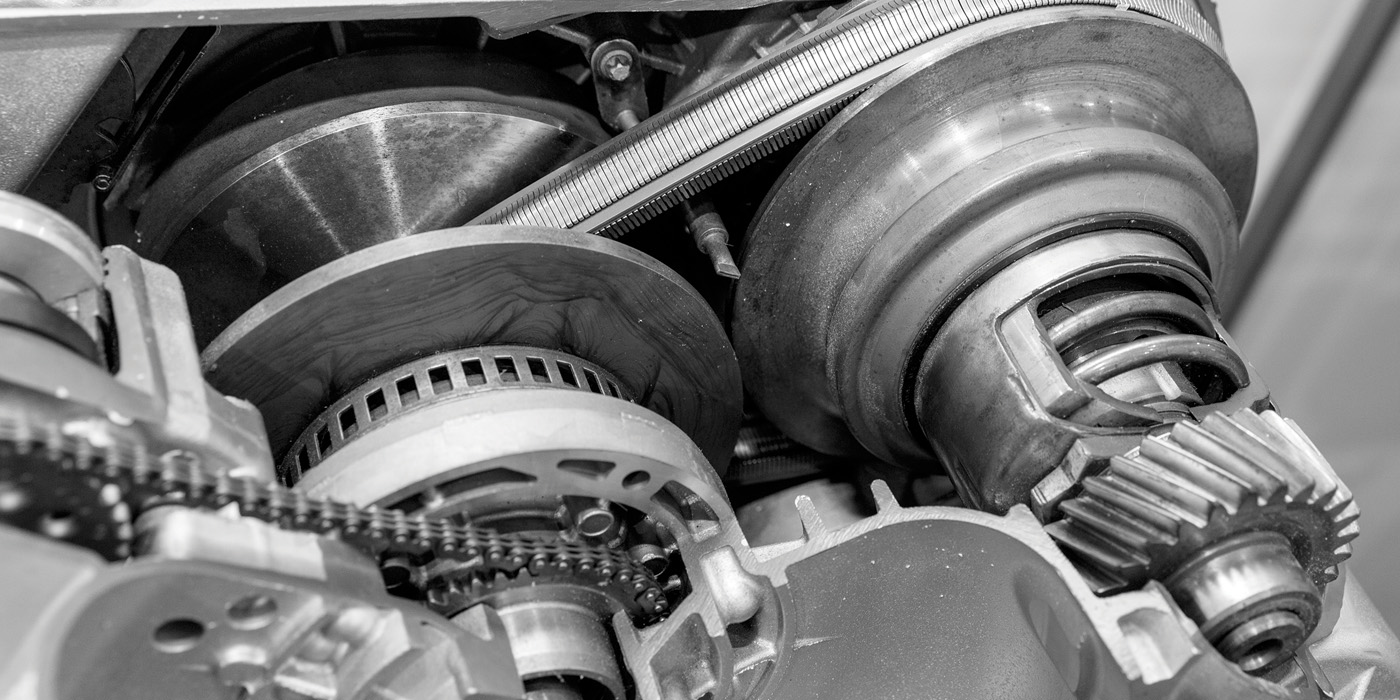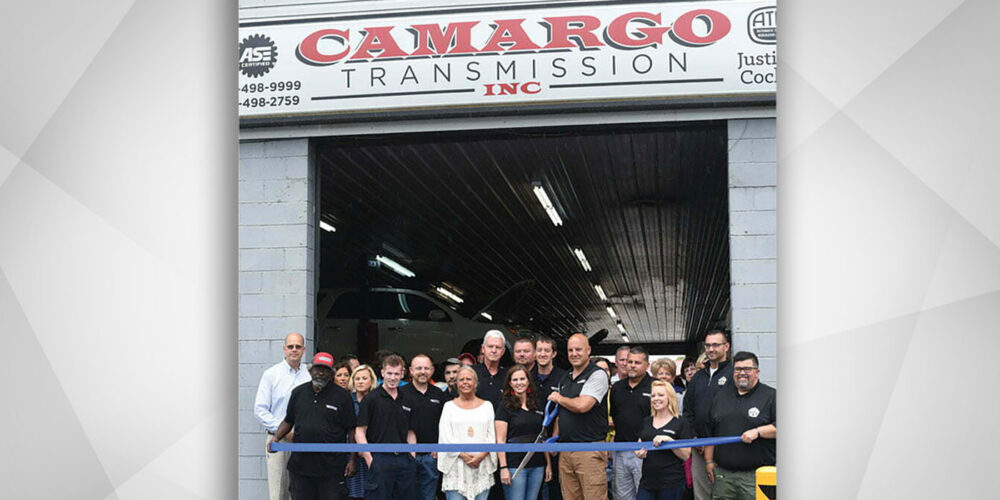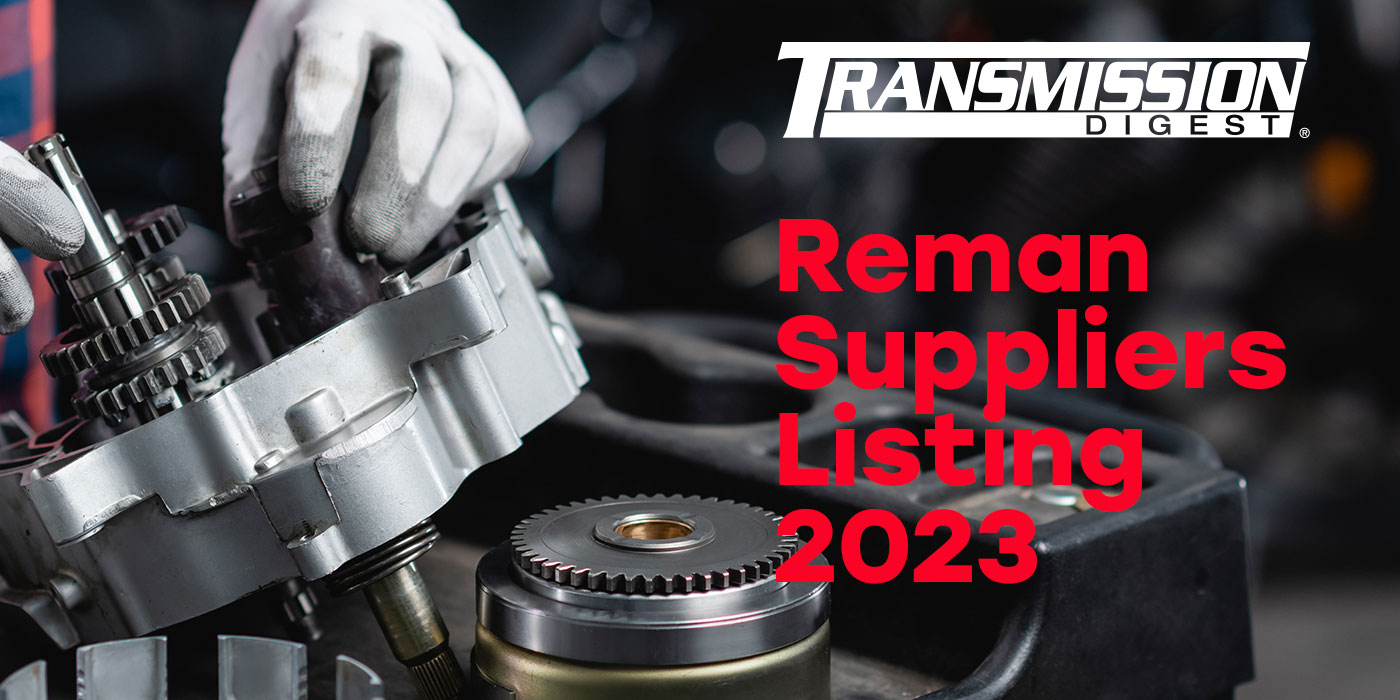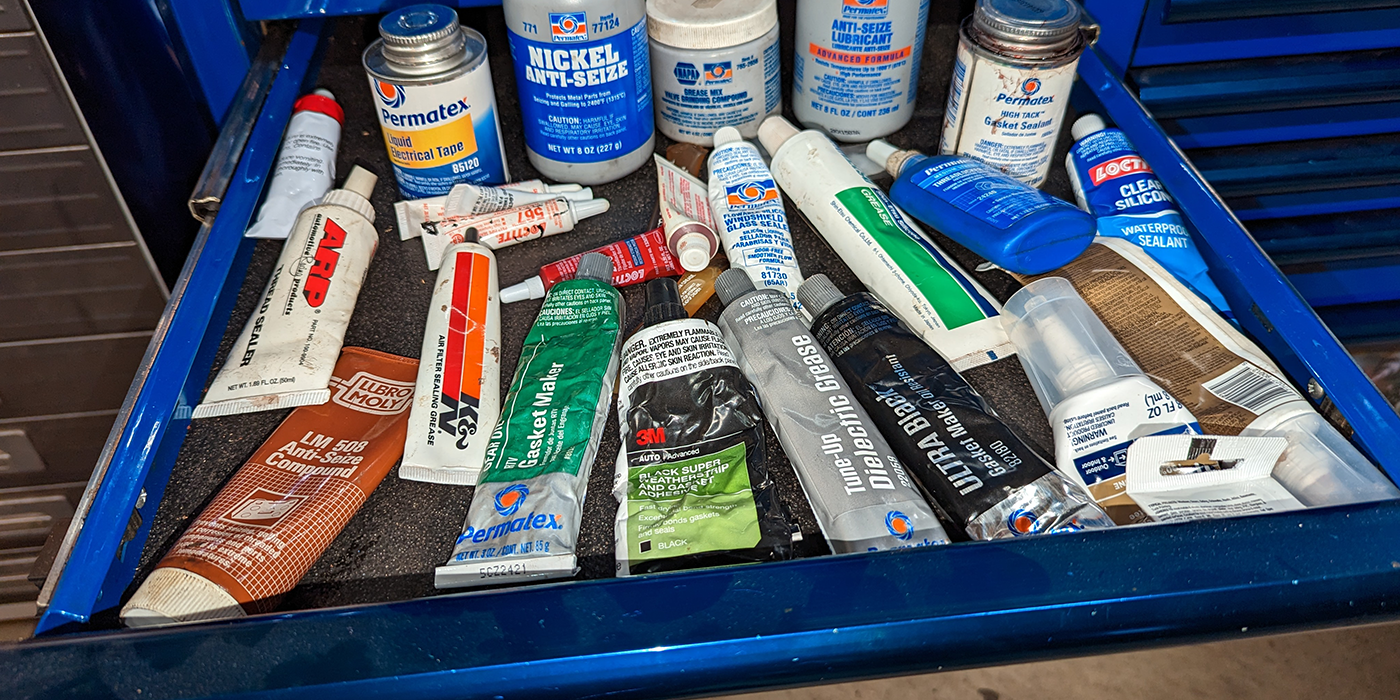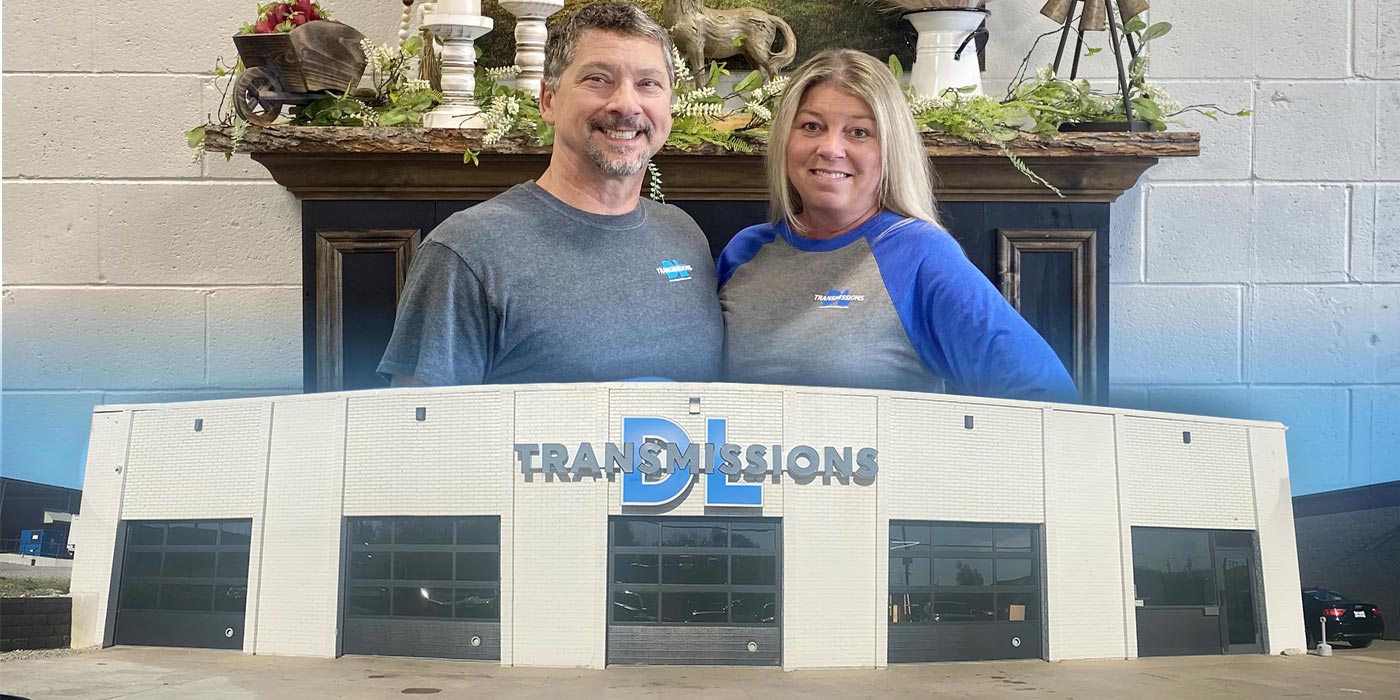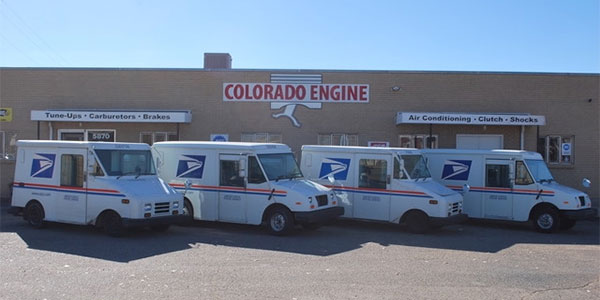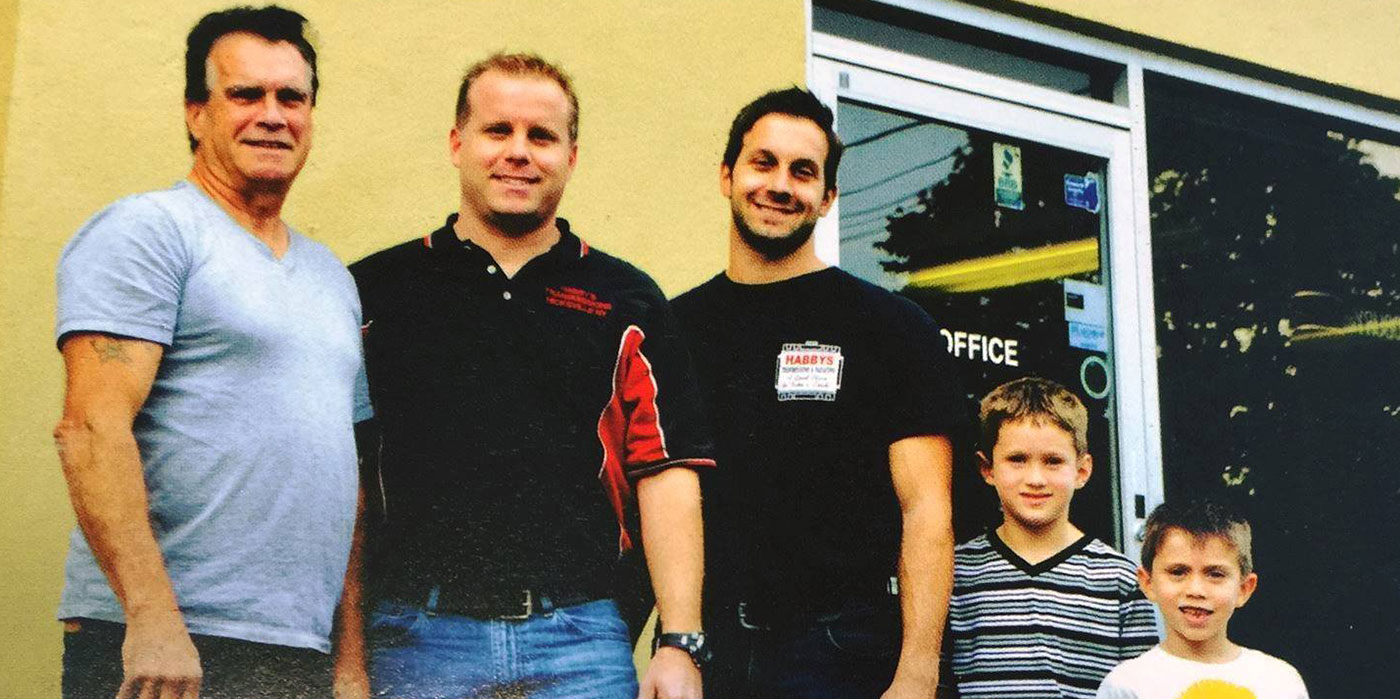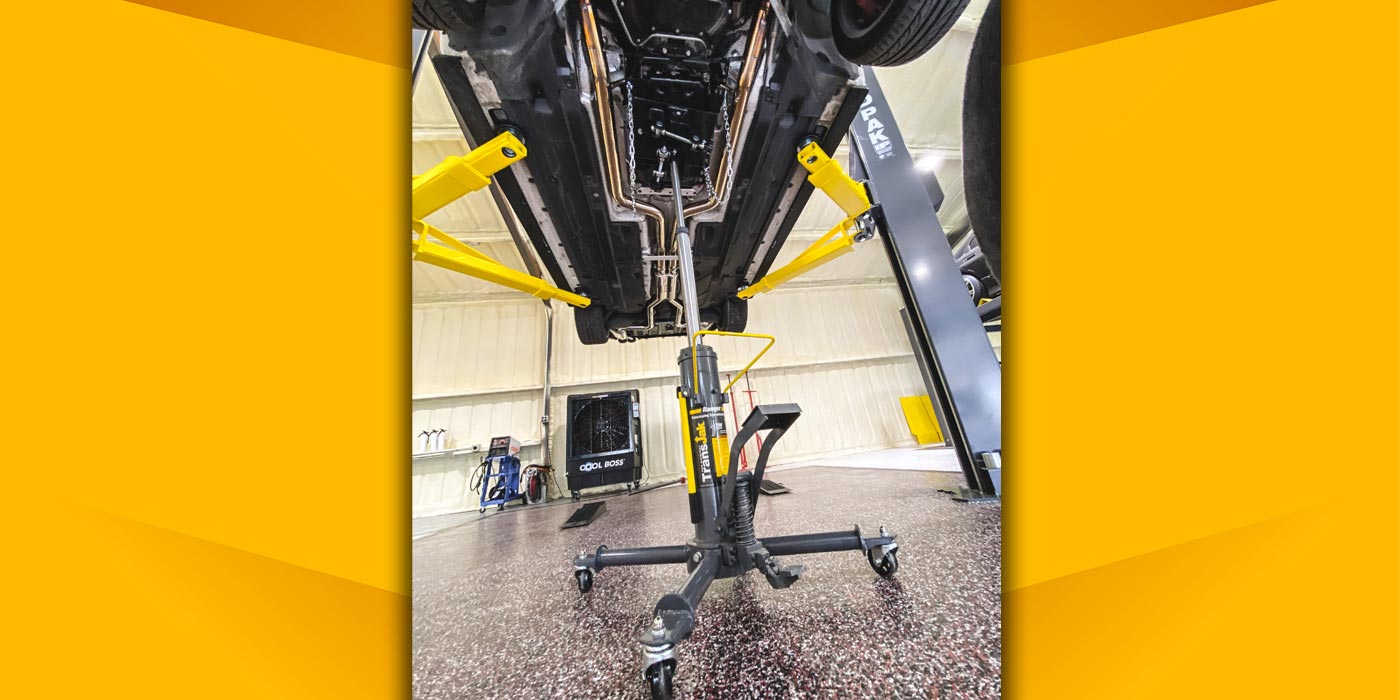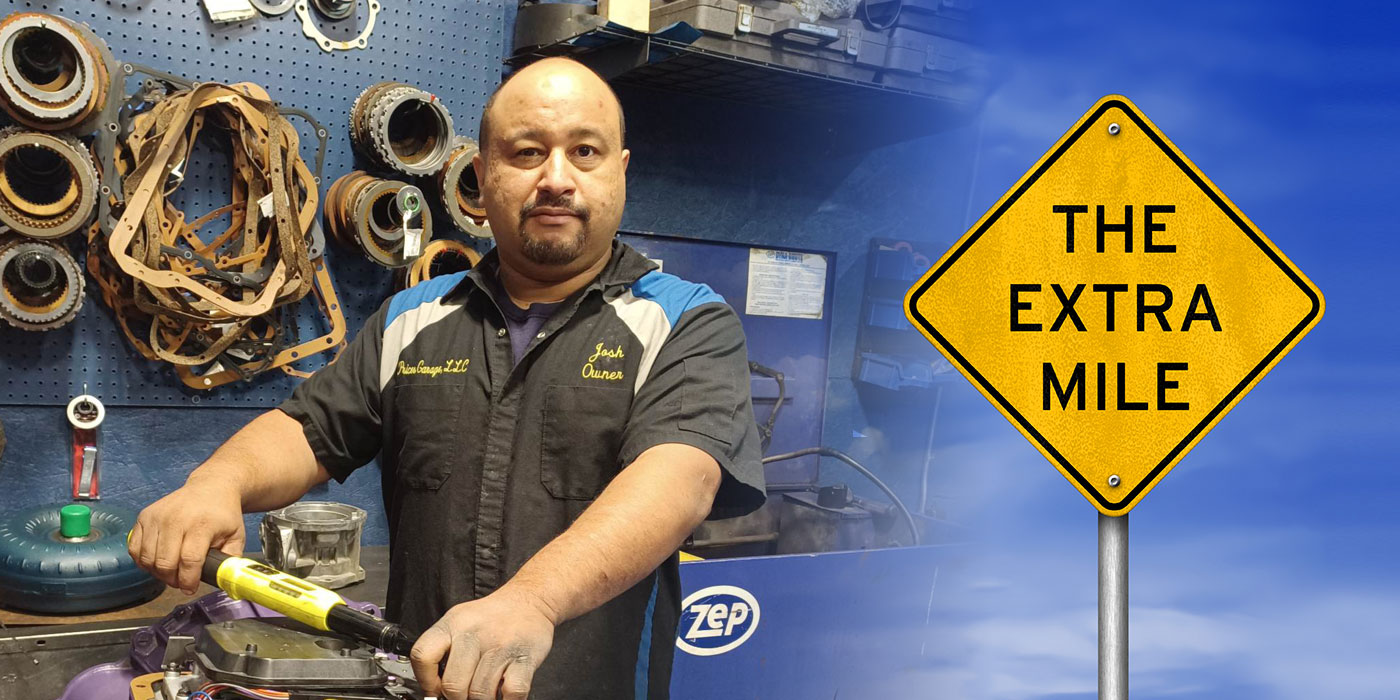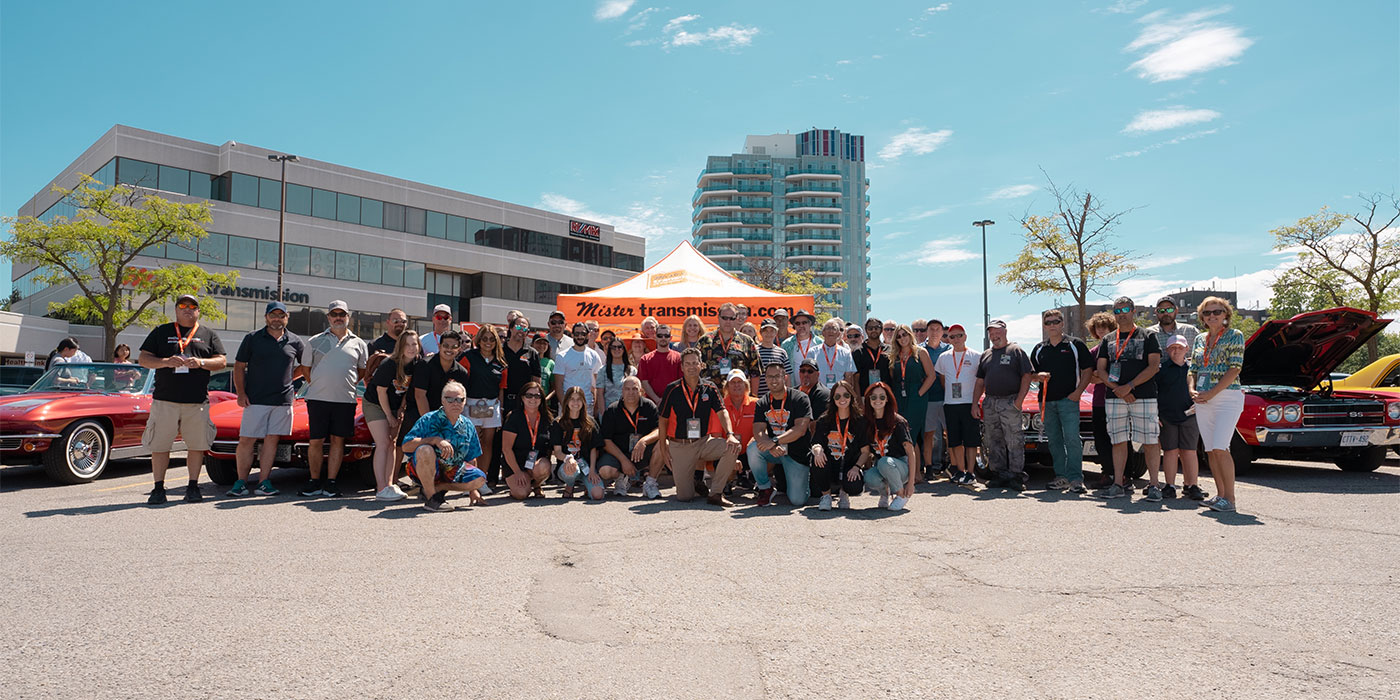
It’s Your Business
- Author: Terry Greenhut, Business Editor
- Subject Matter: Benefits of trade associations
Did you ever stop to think about how fortunate we are to live in a place where we can ply our trade with only minor guidelines imposed by government agencies, a place where we can get what we need so quickly that we get bent completely out of shape if we call the local parts store for a delivery and the driver doesn’t show up within 20 minutes with the exact right part in his hand? We tend to take all that for granted, but there are many places in the world where that kind of luxury just doesn’t exist.
I never gave much thought to it myself till I started to watch a series on the Velocity Network called “Cuban Chrome.” It’s about a car club in Havana whose members try desperately to restore or at least keep running 1950’s American cars. They do it mostly without original parts, fabricating from whatever they can find. Why 1950’s cars? Because they love the American iron but there hasn’t been a new American car or any American parts exported from the United States to Cuba since 1959 due to the trade embargo. You can’t just walk into the parts store and ask for a rebuilt starter motor for a 1958 Chevy because there is no starter motor and no parts store.
The story focuses on the owner of a 1953 Oldsmobile (my first car by the way) who is trying to get it in shape so that the car club will accept it and him as members. He also wants to obtain a license to taxi tourists as opposed to locals because that’s how he can make enough money to feed his family. Right now the car has a four cylinder boat motor in it that’s been in place since the original V8 died years ago. Because the motor is underpowered and the car doesn’t meet enough safety standards he can’t get the license. Now the owner is trying to upgrade to a better engine along with making the car safer. He has a deadline to meet because the club only allows new members and their cars to join once a year and he doesn’t want to miss out and have to wait another year to join. Why is it so important to become a member? Collectively the club is able to help its members find what they need both in parts and the mechanics with enough expertise to keep these antiques running. Without the club’s help it would be almost impossible.
When a member’s car breaks and he is able to track somebody down who he thinks has what he needs, he has to walk to that person’s house to ask if he’ll sell the part. It’s almost always a used part and there’s no way to know if it will actually fit or work till he walks all the way home and tries to install it. Why walk? Because nobody has a second car they can jump into and drive wherever they want to go.

If a car needs to be towed, one of the guys will hook an old trailer to the back of an older pickup or SUV and a whole bunch of them will manhandle the car onto the trailer to take it to whomever’s backyard garage to fix it.
The point here is that whenever you think you got it tough, you don’t; not compared to those guys. They’re trying to operate like the American garages did at the turn of the 20th century when cars like the model T first hit the streets, making their own parts and innovating at every turn. We do or should know how lucky we are to have a supply line and tons of tech information to support us but we can’t lose sight of another important factor that goes a long way toward making our success; the camaraderie of others doing the same basic things that we are with the same everyday challenges.
Those fellows in Havana have the right idea in helping each other out. It reminds me of how big and strong our trade associations were years ago. When I started my transmission business in 1975, I remember being alone and quite lost. There were so many things I didn’t know how to do on both the mechanical and the business side. If it wasn’t for joining ATRA early in my career, I don’t know how far I would have gotten. I mention ATRA as an example but there were many more trade associations in our industry to get involved with and back then a lot of shops did.
We had a big chapter in the New York City area in the mid-70s and early 80s with some very dedicated shop owners running it. We had chapter and board meetings along with tech and management training sessions, but the best thing we had was the fellowship of each other. We all became truly good friends. We met at least once a month and I was always excited and looking forward to those meetings. It was a chance to break bread and enjoy conversation with people who knew exactly what you were up against because they were too.
We exchanged lots of parts and information during those years. Every time we had a meeting someone would show up with a bunch of parts that another member called and asked to borrow or swap. Some of us have maintained our friendships for close to 40 years now even though a lot of us have retired from actively running our own shops, and that’s something that money can’t buy.
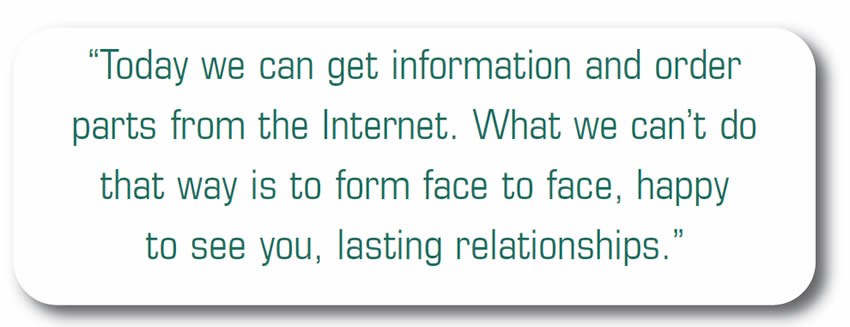
Today we can get information from the Internet and order parts for overnight delivery, so we can get most of what we need in order to function. What we can’t do that way is to form face to face, happy to see you, lasting relationships. For me the most fun part of being in this business has always been attending trade shows and conventions. I would look forward to going every year and still do. It was a chance to get away to new places, make new friends, and meet up with people I knew and liked who were going to be there, who to have dinner with, play golf with, exchange information with, and swap great stories and jokes with.
Our families got to know each other and sometimes even went on vacations together. It was great to hang out with people in your same situation, people who understood you, who you could help, and who wanted to help you.
In the New York market we had the Liberty States Chapter of ATRA. It was big and very active. Most of us who were members were first generation in the transmission business. A few had youngsters who were old enough and starting to come into the business, but many shop owners wanted their offspring to go to college and go into white collar work. We early members were passionate about the association and the things we saw as important to accomplish. We would get into heated arguments at chapter board meetings about advertising and promotion for our members. We were all independents, at the time, competing against the giant franchises who had plenty of money to spend on advertising, so when we threw a few bucks together, our advertising money had to go where it would do the most good. So we argued about it, but it was always about the common good and we always stayed friends.
We accomplished a lot in those early days because through informal socializing and chatting we could find out what everybody needed and work to provide it. I was saddened to see the interest wane after the first generation started to die off and retire. As hard as we tried it was really tough to recruit new members and those we did attract were not real interested in coming out for meetings, social events, and training seminars.

It seems that folks these days would rather isolate themselves and get what they think they need off a computer screen. Social media is taking the place of socializing. It’s too bad because it’s taking all the fun and the brotherhood out of physically getting together, enjoying each other’s company, and helping each other out.
Those guys on “Cuban Chrome” have banded together out of what they see as necessity. Without each other’s help many of them wouldn’t be able to keep a car on the road. They need each other desperately and they know it. Here at home we need that camaraderie too. Some of us just don’t realize it because we haven’t ever had the luxury of belonging to a group of like-minded people all pushing in the same direction. It’s something everyone should experience.
If there is a trade association active in your segment of the industry, you would probably do well not only to join it but to be as active as you can in it. Taking on a leadership role in an organization like that can teach you better ways to lead employees in your own businesses. It can build your confidence and social skills as well, which can’t hurt in dealing successfully with customers.
The most valuable benefit is the friendships you’ll make that can last a lifetime, and that’s worth any effort you’ll have to put forth.


